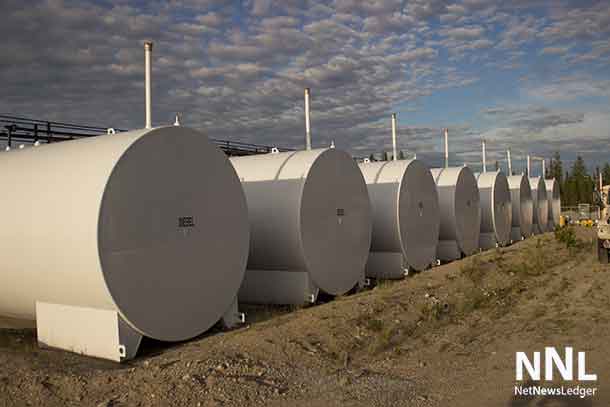A catalytic converter is a metal can-shaped device located within your exhaust system that converts hot, harmful exhaust gases into carbon dioxide and water vapor which are less damaging to the environment.
Catalytic converter clogs can cause various symptoms, including difficulty starting your engine, poor acceleration and reduced fuel efficiency. Some telltale signs that your catalytic converter has become blocked include an illuminated check engine light, foul rotten egg smell and rattling sounds from beneath your vehicle.
- Smells
An effective diesel catalytic converter consists of a honeycomb-shaped metal tube lined with platinum or palladium that transforms hot exhaust gas into carbon dioxide and water vapor, neutralizing harmful pollutants while producing oxygen for combustion purposes.
Once in awhile, emission control devices may encounter issues due to overheating or damage. When this occurs, your catalyst could become clogged or fail altogether resulting in the presence of a foul rotten egg smell or sulfur smell within your vehicle’s cabin.
This rotten egg smell is caused by unburned fuel that leaves the combustion chamber, and if your engine misfires it could dump this unburnt fuel directly into the exhaust system, which will quickly clog up and ruin your converter – not to mention prompt a flashing Check Engine light and darker than expected exhaust smoke emissions.
- Rattling
An audible rattle coming from beneath your vehicle indicates that its diesel catalytic converter could be failing or in need of replacement. Typically, rattling only occurs when pressing the gas pedal – this often indicates a clogged or damaged catalytic converter which allows exhaust back pressure into your engine, leading to it to stalling and leading to engine stalling.
Rattling noises may also be caused by heat shield bolts loosening and coming loose on their mounting points due to corrosion over time, while these bolts holding the heat shield on can become broken or loose from their connections over time.
Fix a rattling cat by tapping it with a hammer until you find where its noise is emanating, then tapping a screw into that spot to secure it and stop rattling.
- Red Hot
Catalytic converters are tubes with honeycomb interiors plated with palladium and platinum to promote chemical reactions that convert carbon monoxide to carbon dioxide, helping reduce emissions that threaten people and the environment. When installed into an exhaust system, these converters help reduce harmful emissions that threaten both people and the planet.
Unburnt fuel reaching a converter can quickly cause it to overheat, leading to internal structural damage. You might hear a rattling noise which indicates this condition.
Whenever your catalytic converter becomes damaged or is no longer performing as intended, a check engine light will illuminate and an unpleasant rotten egg smell may become noticeable. As soon as this component fails to function as intended, replacement should take place as soon as possible to avoid further problems with your vehicle; failing diesel catalytic converters may even decrease resale value significantly.
- Poor Fuel Economy
As your catalytic converter heats up to convert toxic gases to less hazardous ones, it may eventually wear out. When this occurs, fumes are released back into your engine, decreasing oxygen levels and making it harder for it to generate power.
As soon as your diesel catalytic converter starts deteriorating or needs replacing, one of its telltale signs will be poor fuel economy and acceleration issues – not to mention an unpleasant smell of rotten eggs due to sulfur dioxide build-up.
Though you can replace the catalytic converter yourself, it’s generally wiser to turn to an experienced technician for this job. Check Airtasker to locate skilled technicians that can complete this work successfully; get a quote to determine how much it’ll cost to repair your car with this replacement service.
- Emissions Test Failure
If your car fails emissions testing during state vehicle inspection, it may be time for you to replace its catalytic converter. This piece of equipment turns harmful gases into water and carbon dioxide during combustion – however it cannot do its job if its exhaust system is malfunctioning properly.
Unburnt fuel that leaks into the exhaust system can quickly overheat its working surfaces, potentially leading to converter meltdown. Furthermore, inaccurate oxygen sensor readings sent from computer could create an imbalanced mixture.
Failure of emissions tests is usually the result of improper air injection systems or components such as PCM (Powertrain Control Module). Most issues, though, can be rectified before your registration expires.







